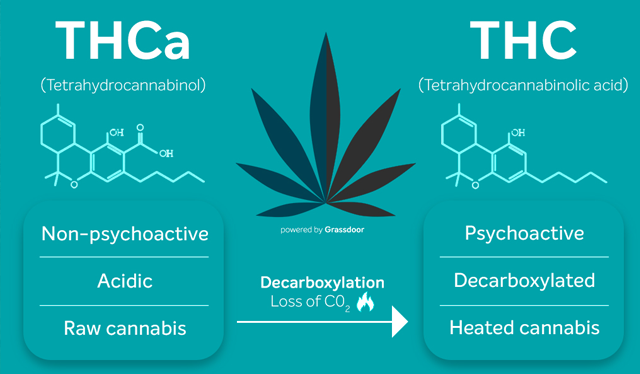THCA, or tetrahydrocannabinolic acid, is garnering increased attention in the realm of medical research for its potential therapeutic applications. As the non-psychoactive precursor to THC, THCA exhibits anti-inflammatory and neuroprotective properties, making it a focal point for investigations into conditions such as arthritis and neurodegenerative diseases.
Recent studies suggest that THCA may possess antiemetic effects, offering promise in managing nausea and vomiting associated with chemotherapy. Additionally, its interaction with the endocannabinoid system has prompted exploration into its analgesic properties, hinting at its potential role in pain management.
While preliminary findings are encouraging, further rigorous clinical trials are essential to establish the efficacy and safety of THCA-based interventions, paving the way for its integration into mainstream medical practices.



